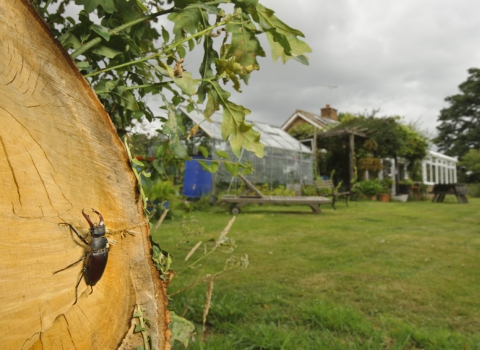Right now, connecting to nature, and taking some time out is more important than ever, but knowing what to do can be daunting, especially if you’re not able to leave your house. The Five Ways to Wellbeing, developed by the New Economics Foundation, offer a helpful framework. For the next five weeks I’ll focus on one of each of these ways, giving you helpful tips and tricks to take time out, whatever you’re doing and wherever you are. This week we’re going to focus on learning.
There’s evidence to suggest that continued learning throughout our lifetimes helps with self esteem and that setting challenging but achievable goals is associated with higher levels of wellbeing. There’s such a wealth of online classes out there that it can feel a bit overwhelming. Try to choose one thing at a time and focus on that, rather than setting yourself unrealistic goals. What’s particularly great about learning is that it’s fun to do together, so try doing some of the activities below with the people in your household, or with your friends and family via an online platform.
Whether you’ve got 5 minutes or 50, these simple actions can help you keep learning.


